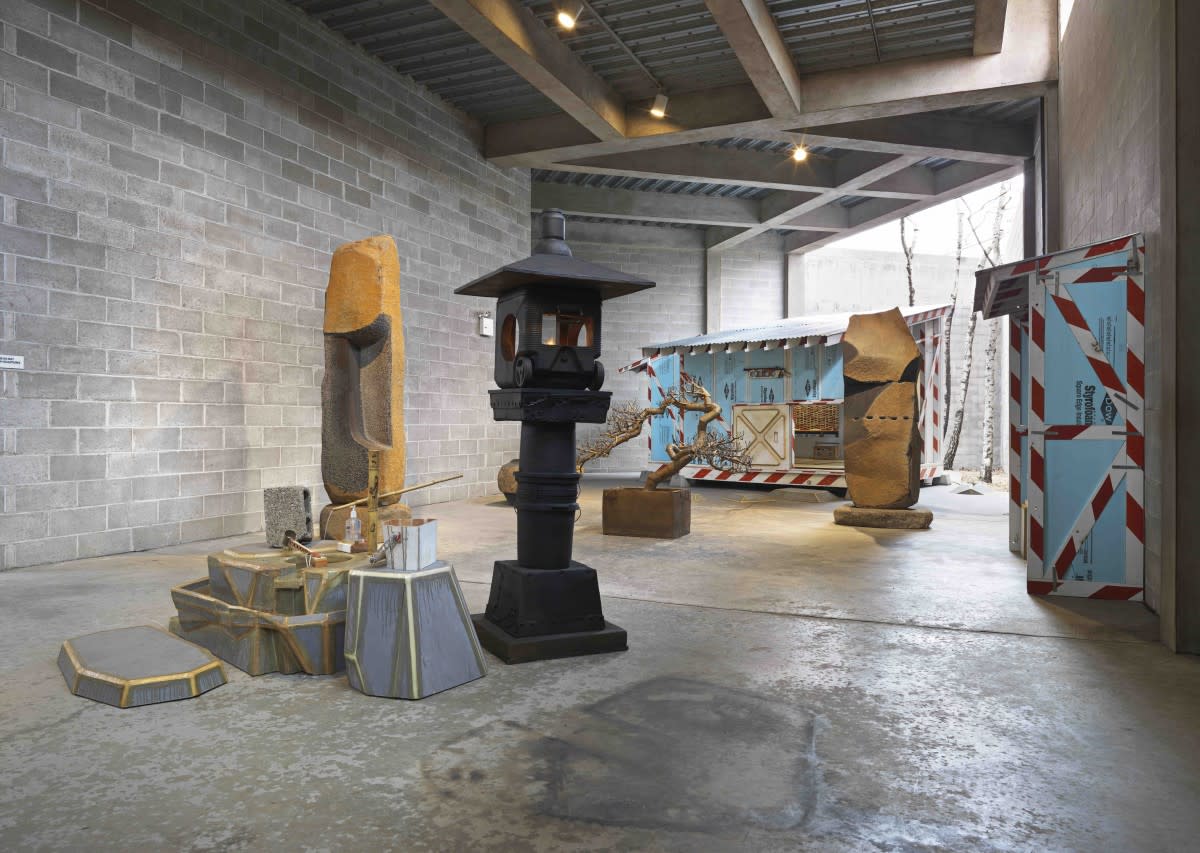Life and Death with Tom Sachs
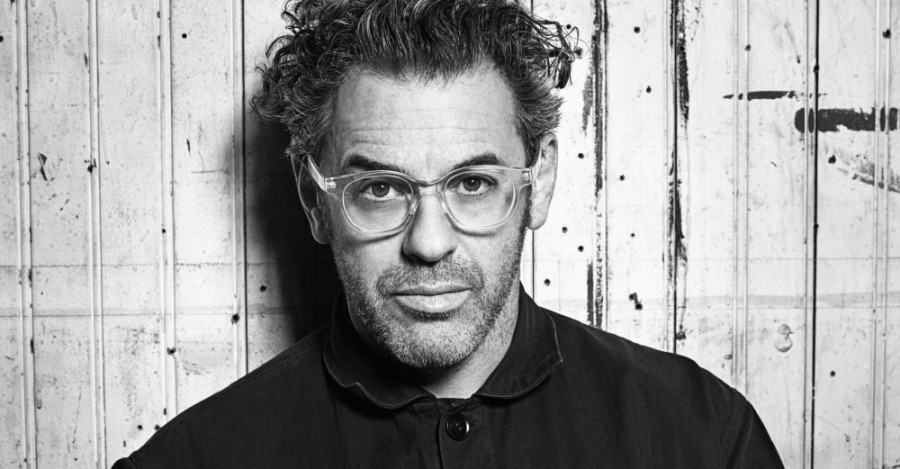
A discussion with sculpturist, artist, filmmaker, commentator and designer Tom Sachs from his studio in New York City.
Only by accepting that you don’t know is how you ask the questions you need to learn more about the universe.
Tom Sachs
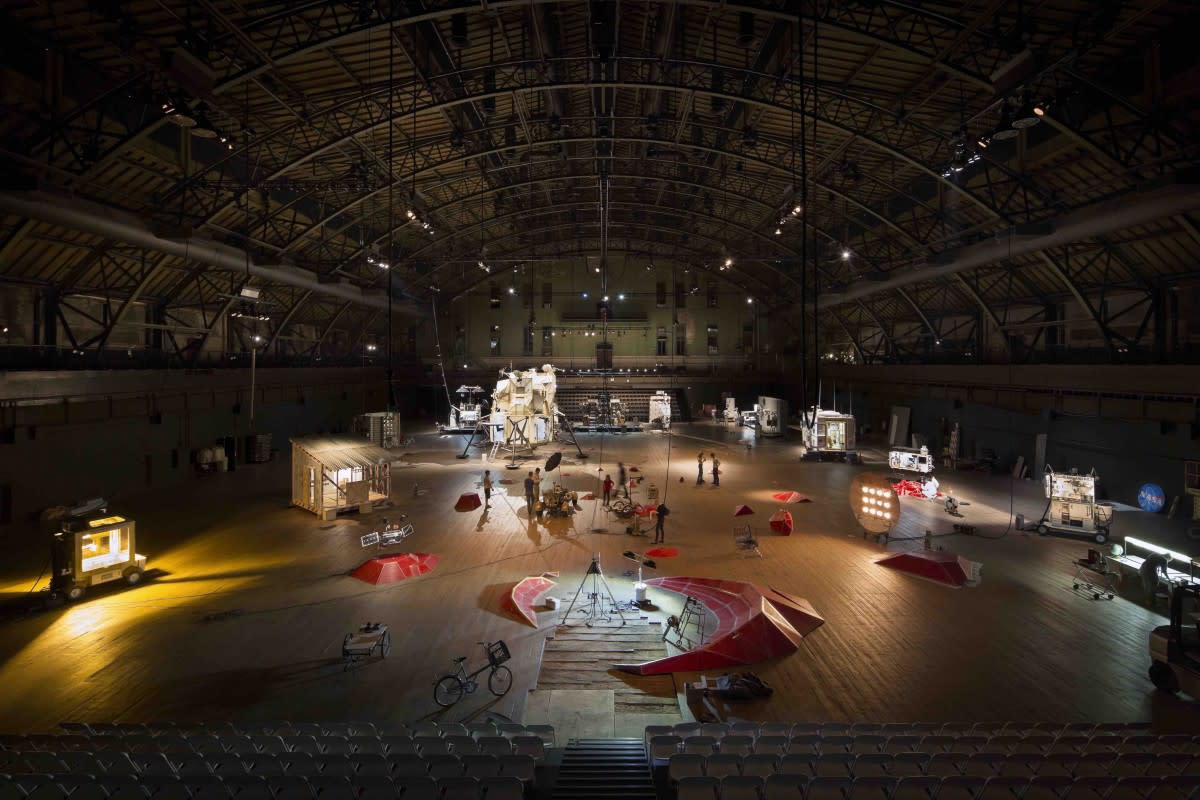
I think that anyone working in their garage inventing something on their own, and following their own heart, will have the advantage in the future. And I mean that for the arts, but also for lawyers, and the cops, and everyone else.
Tom Sachs
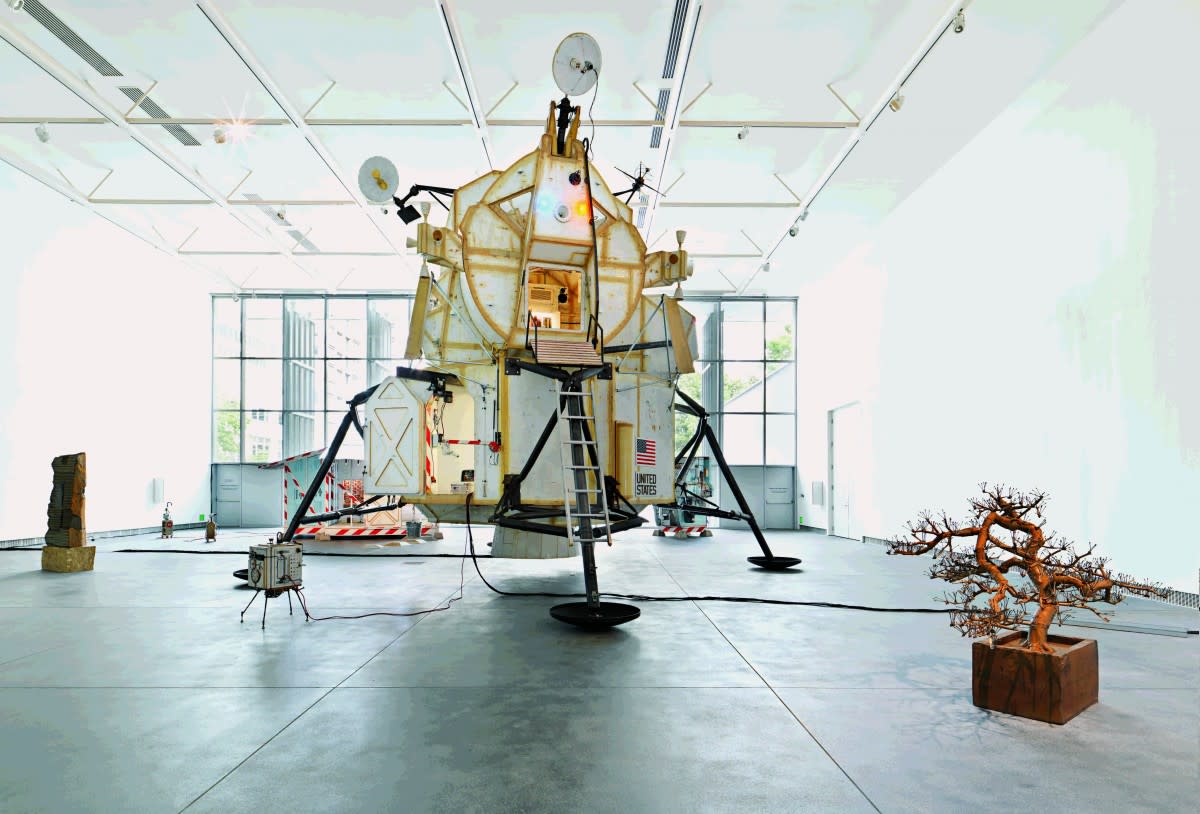
Everything else like lust and ambition and hard work and greed and power – it’s all in the mind of the individual. But with science, we can control how our bodies are built and how they fall apart.
Tom Sachs
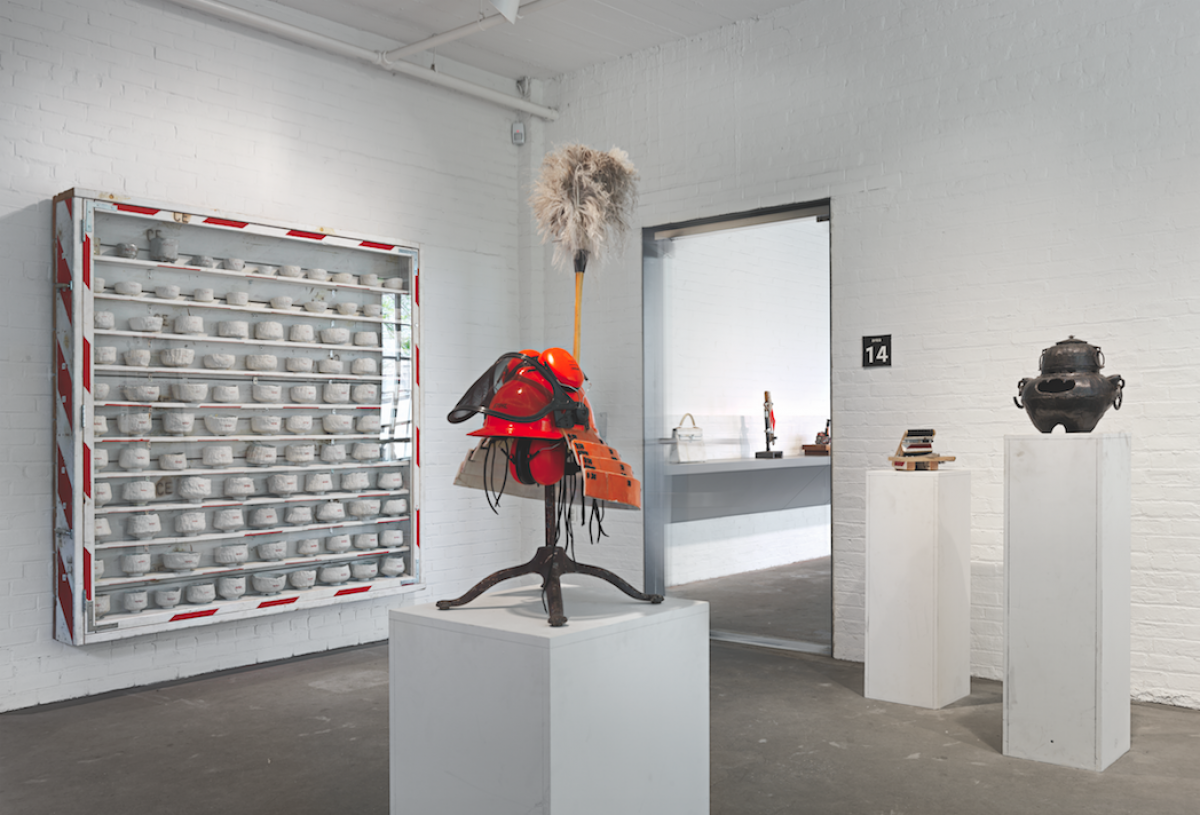
What would Andy Warhol do? You could bet with certainty he’d have a great website, and he’d be involved in everything, and doing it like crazy because it’s cheap and it’s powerful and it’s a great mode of expression.
Tom Sachs
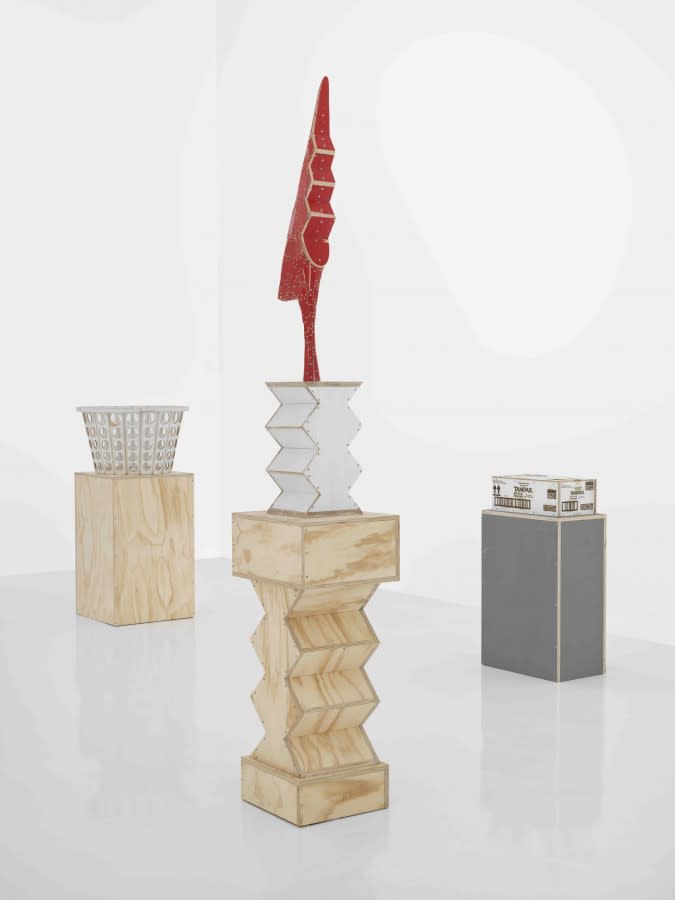
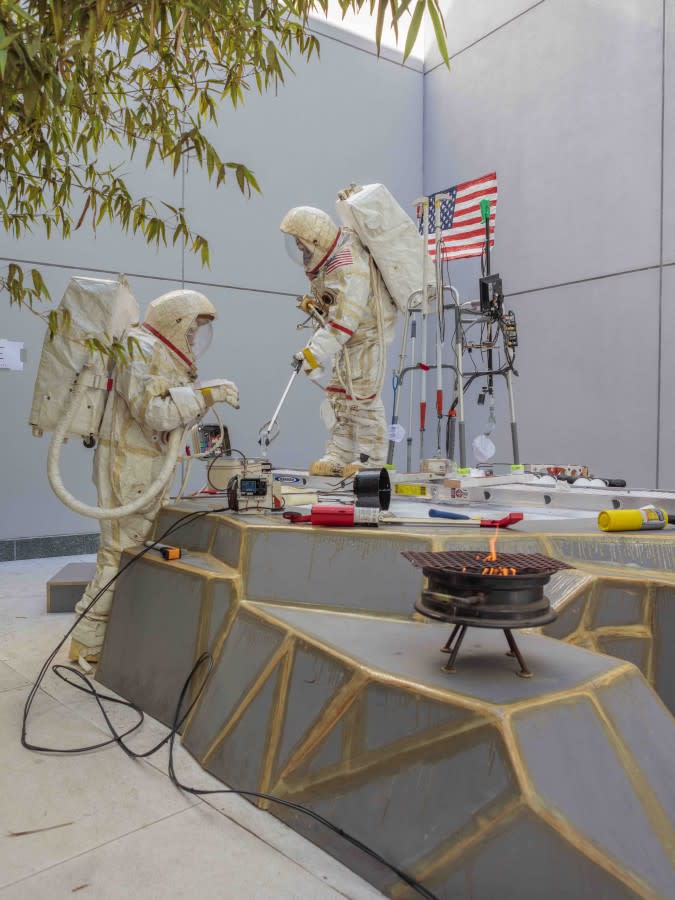
What is God? I don't know, let’s find out, but in the meantime let’s learn about this world that I live in.
Tom Sachs
